First Nations history in Australia is marked by resilience, activism, and significant milestones in the ongoing fight for rights, recognition, and justice. From early protests such as the 1938 Day of Mourning to landmark legal victories like the Mabo Decision, these key events highlight the strength and determination of Aboriginal and Torres Strait Islander peoples. Each date represents a crucial step in the broader movement towards equality, land rights, and self-determination
January 26 – Invasion Day / Survival Day
For First Nations people, January 26 marks the beginning of colonisation, dispossession, and resistance. Known as Invasion Day, or Survival Day, it is a time for reflection and protest. Many gather for dawn services and rallies across the country, followed by cultural events like Yabun (Gadigal Land, Sydney) and Share the Spirit (Naarm, Melbourne).
January 26, 1938 – Day of Mourning Protest
On the 150th anniversary of the First Fleet’s arrival, First Nations leaders Jack Patten, William Ferguson, and William Cooper organised a protest in Sydney, demanding rights and recognition. This was one of the first major political actions advocating for Aboriginal and Torres Strait Iskander justice.
January 26, 1972 – Aboriginal Tent Embassy Established
First Nations activists set up the Aboriginal Tent Embassy in Canberra, demanding land rights and sovereignty. The Embassy remains a powerful symbol of resistance and self-determination.
February 4, 1939 – Cummeragunja Walk-Off
Around 200 Yorta Yorta people walked off Cummeragunja Mission in protest of poor conditions and government control. Many relocated to Barmah, Echuca, and Mooroopna, marking one of the first mass First Nations strikes.
February 13, 2008 – National Apology Day
Prime Minister Kevin Rudd formally apologised to the Stolen Generations, acknowledging the trauma caused by the forced removal of First Nations children between 1910 and 1970.
February 1965 – The Freedom Ride
University of Sydney students, led by Charlie Perkins, travelled through rural NSW to expose racism in towns with segregated public spaces, drawing national and international attention.
March 21 – National Close the Gap Day
A national day raising awareness of the health, education and life expectancy gap between First Nations and non-Indigenous Australians.
April 5, 1997 – Bringing Them Home Report
This report documented the devastating impacts of child removals and made 54 recommendations for healing the Stolen Generations.
April 15, 1991 – Royal Commission into Aboriginal Deaths in Custody
The final report made 339 recommendations to prevent Indigenous deaths in custody, but many remain unimplemented. Today, First Nations people are still overrepresented in the justice system and deaths in custody continue.
May 1, 1946 – The Pilbara Strike
800 First Nations pastoral workers in WA staged a three-year strike for fair wages, making it the longest industrial action in Australian history.
May 26 – National Sorry Day
A day to acknowledge the Stolen Generations and reflect on intergenerational trauma caused by past government policies.
May 27, 1967 – The Referendum
Over 90% of Australians voted to change the Constitution, allowing First Nations people to be counted in the census and giving the federal government power to make laws for Indigenous affairs.
May 27 – June 3 – National Reconciliation Week
Begins on the anniversary of the 1967 Referendum and ends on Mabo Day. A time to reflect on Australia’s reconciliation efforts and the ongoing journey toward justice.
June 3, 1992 – Mabo Day
The Mabo Decision overturned terra nullius, recognising First Nations land rights and leading to the Native Title Act (1993).
June 12, 1988 – Barunga Statement
This petition called for self-determination, land rights, and an end to discrimination. Prime Minister Bob Hawke promised a treaty by 1990, which never eventuated.
July – NAIDOC Week
A celebration of First Nations cultures, activism, and achievements, originating from Aboriginal protest movements of the 1920s and 30s.
August 4 – National Aboriginal and Torres Strait Islander Children’s Day
A day to celebrate First Nations children. The date was chosen as many Stolen Generations children didn’t know their real birthdates.
August 13, 1963 – Yirrkala Bark Petitions
The Yolŋu people submitted Australia’s first traditional-language petitions to Parliament, opposing a bauxite mine on their land and sparking the modern land rights movement.
August 23, 1966 – Wave Hill Walk-Off
Led by Vincent Lingiari, Gurindji workers in the NT walked off Wave Hill Station, demanding land rights and fair wages. Their fight led to the historic return of Gurindji land in 1975.
August 26, 2021 – Waddananggu Ceremony
Wangan and Jagalingou people established a Bora Ring to assert their cultural rights on Country, protesting the Adani coal mine.
September 7 – Indigenous Literacy Day
A celebration of First Nations languages and stories, promoting literacy for First Nations children.
October 14, 2023 – Voice to Parliament Referendum
Australians voted against enshrining an Indigenous advisory body in the Constitution, despite strong First Nations advocacy through the Uluru Statement from the Heart.
October 26, 1985 – Uluru Handback
Anangu Traditional Owners regained title to Uluru and Kata Tjuta, marking a victory in the land rights movement. The Uluru climb was permanently closed in 2019.
The history of First Nations advocacy is a testament to the unwavering spirit of Indigenous communities in the face of systemic challenges. While progress has been made through landmark decisions, national recognition, and policy changes, the journey towards true reconciliation and justice continues. Acknowledging these key dates is essential in understanding Australia’s past and working towards a future built on respect, equity, and self-determination for First Nations peoples.


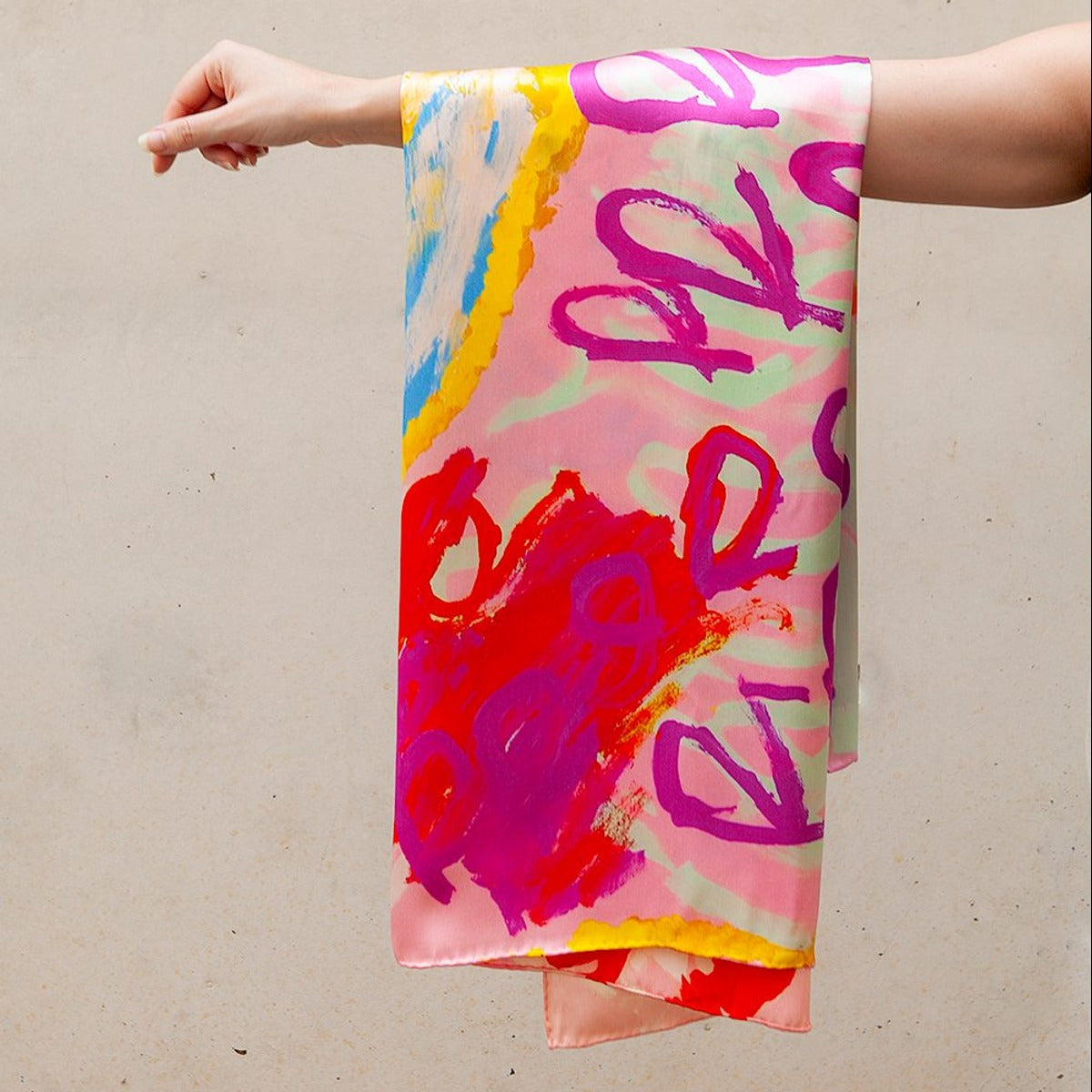




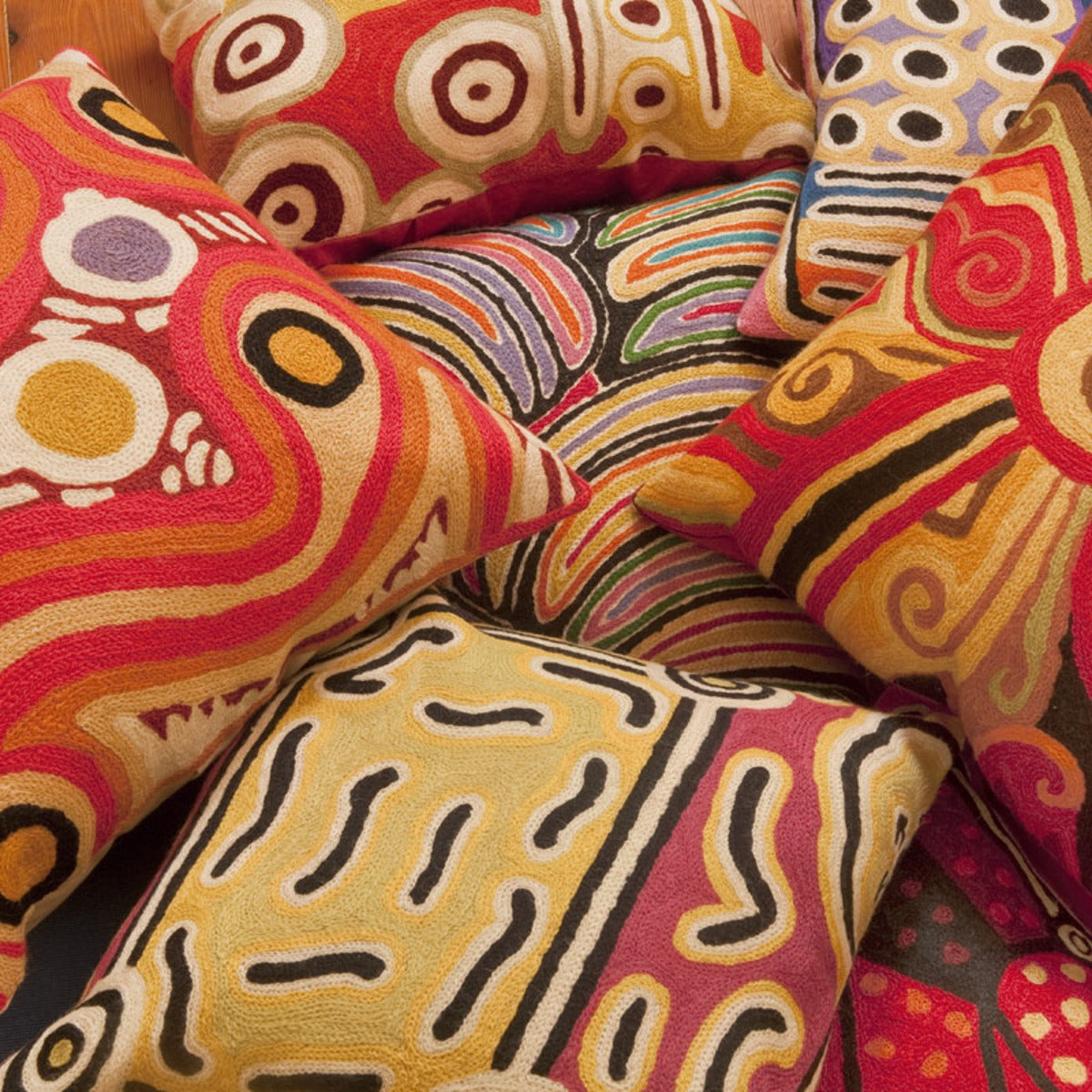











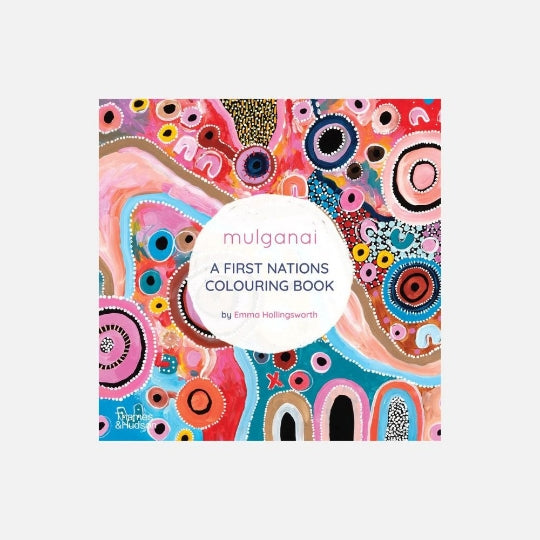
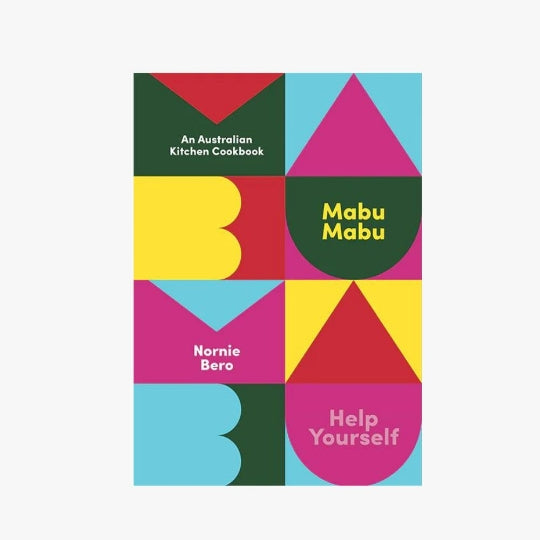



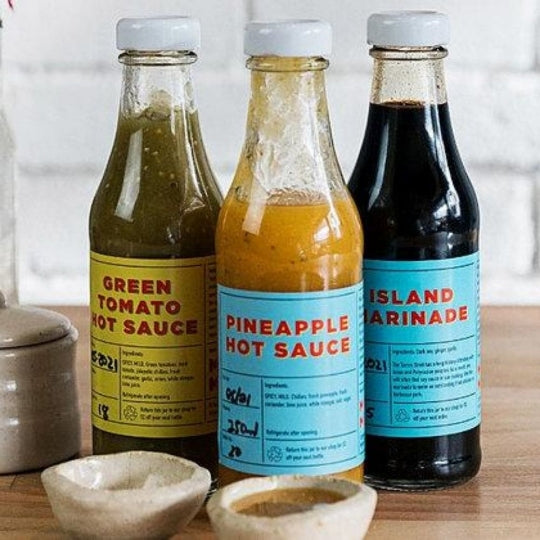


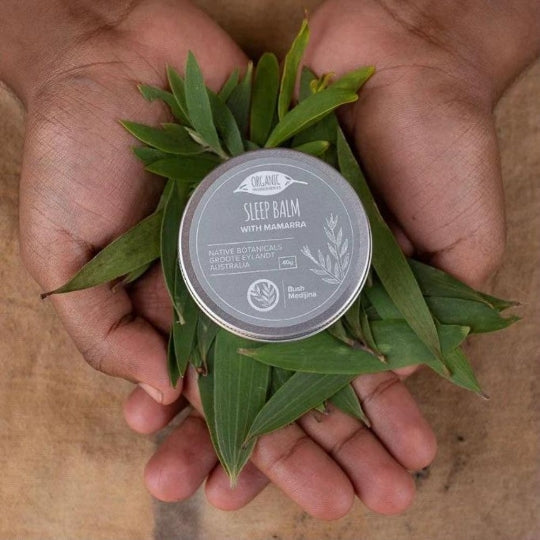




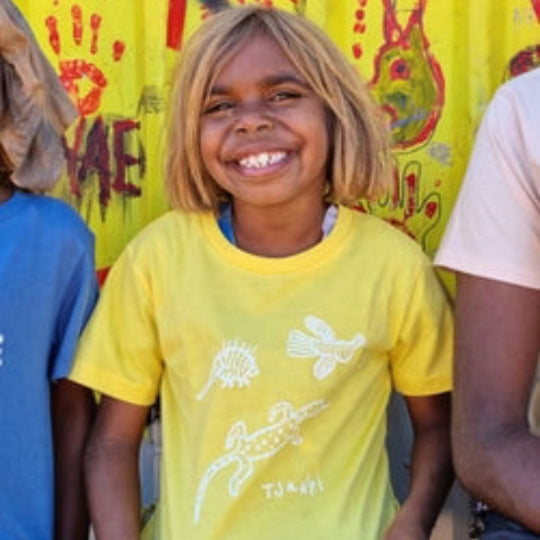
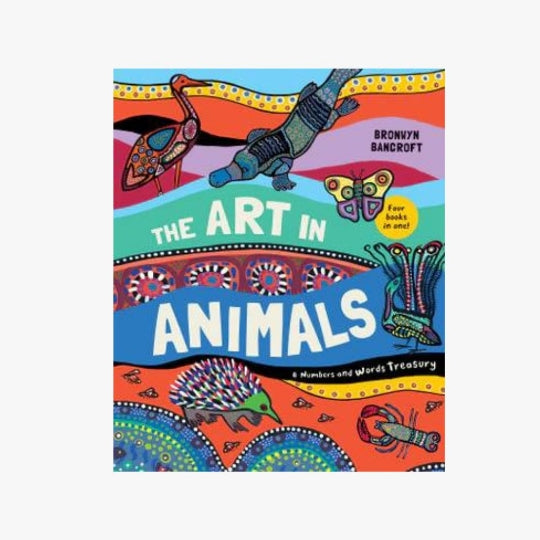



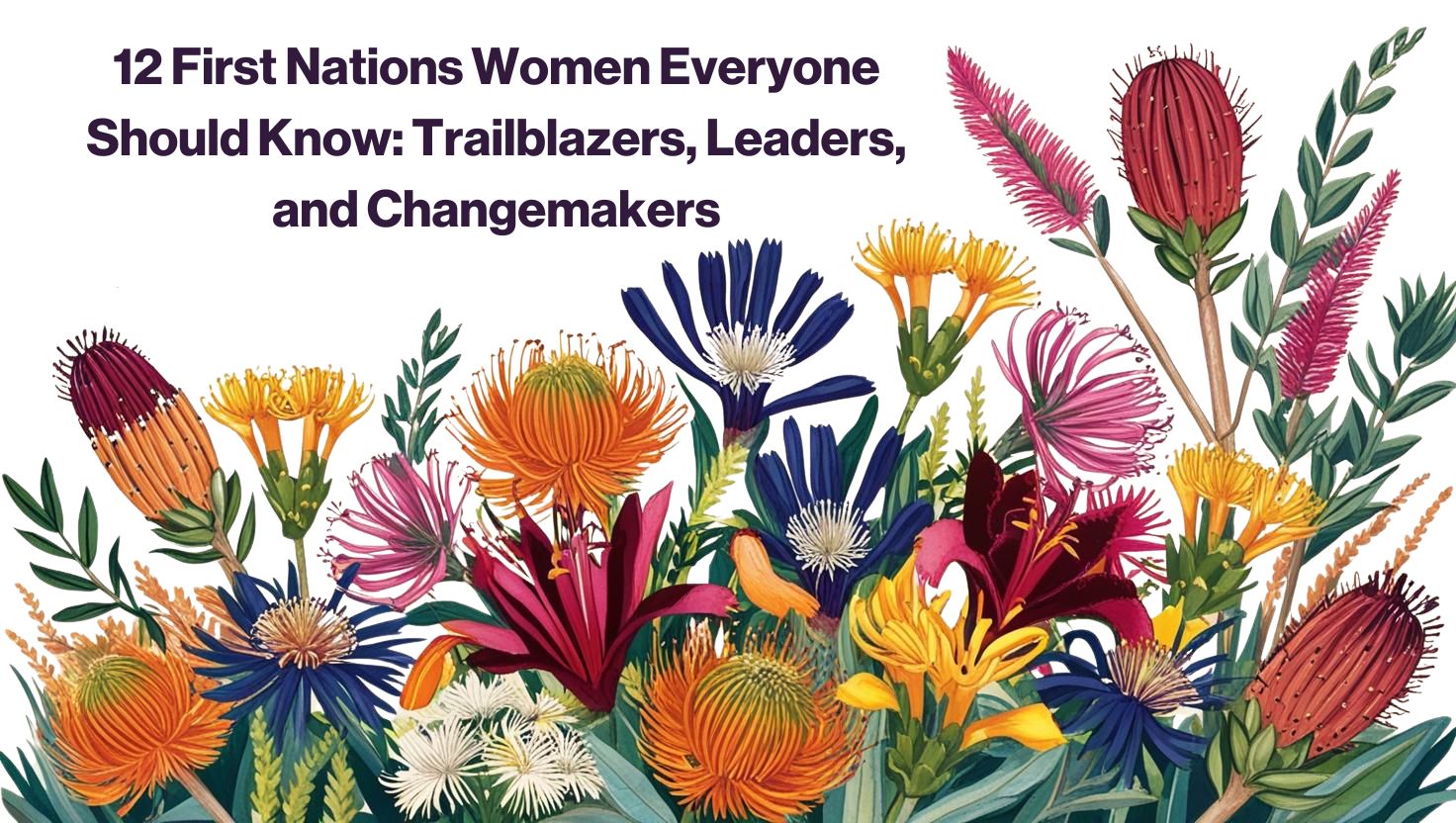

Leave a comment
This site is protected by hCaptcha and the hCaptcha Privacy Policy and Terms of Service apply.